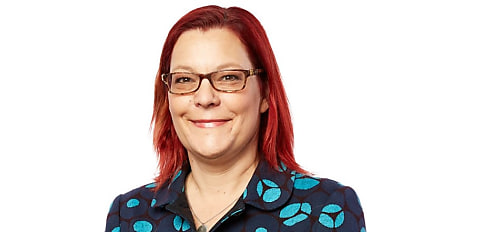Financial literacy and gender equality platform Financy has released its Financy Women’s Index (FWX), a quarterly measurement of the economic progress of women in Australia, revealing that the index has dropped for the first time in a decade.
The FWX, which provides a snapshot of gender equality across seven areas and includes both drivers and indicators of progress, dropped 0.1 points to 76.2 points in the December quarter of 2022, down from 76.3 points a year earlier.
The platform explained that the FWX was weighed down during the December quarter by the recent weakness in the jobs market caused by higher interest rates, especially affecting progress in closing the gender gaps in employment and underemployment.
This setback in the employment sector resulted in a -0.1 point decrease in the annual FWX score for the 2022 calendar year, marking the first time in 10 years that women’s financial progress ended a calendar year in negative territory.
Commenting on the data, independent economist Nicki Hutley said that while the decline is marginal, “even the smallest backward step on this journey is a large policy failure”.
“The fact that women didn’t benefit as much as men during 2022 from the economic stimulus from COVID is an indictment of those specific policies as well as broader policies aimed at gender equality,” said Ms Hutley.
According to Financy, the employment sub-index fell to 71.5 points from 71.9 points in the September quarter, as the gender gap in monthly hours worked widened due to slower female employment growth (0.3 per cent) compared to that of males (0.9 per cent).
Moreover, the FWX underemployment sub-index also fell to 67.1 points, compared to 69.2 points in September and 70.3 points in December 2021, as male underemployment improved, while female underemployment worsened.
Combined, these factors mean that the time to bridge the gender pay gap is now projected at 24 years, up from 22 years in 2021.
On a more positive note, Financy acknowledged that there were some positive developments in the long-term drivers of gender equality. Notable mentions included unpaid work (up by 2.1 points), board leadership (2.4 points), the gender pay gap (0.5 points), and education and expected earnings (up by 0.5 points).
Commenting on the data, AMP’s chief economist, Dr Shane Oliver, said, “The good news is that progress towards gender financial equality continues to be made in areas like board representation, the gender pay gap, and unpaid work.
“The pandemic appears to have accelerated behavioural change on the part of men in terms of contributing to family and home-related unpaid work, which is critical to freeing up women to pursue career-related endeavours.”
He, however, noted that the “backsliding” in the FWX Women’s Index through 2022 is “disappointing”, particularly after years of a rising trend.
Looking ahead at the May federal budget, Financy chief executive officer Bianca Hartge-Hazelman said the organisation would like to see several actions considered to improve financial outcomes for women and help achieve gender equality in Australia.
Among them are the implementation of a gender equality time frame target as part of the federal government’s National Strategy to Achieve Gender Equality; the inclusion of superannuation payments in Commonwealth paid parental leave and unpaid leave; investment in schools and university-led programs to educate on the financial implications of gender stereotypes; ongoing investment in media campaigns to break down gender stereotypes in unpaid work; mandatory gender-balanced targets for female board directors; and government-incentivised programs to build the number of board-ready women in Australia; as well as a procurement target on businesses to engage with female-owned and led businesses.
